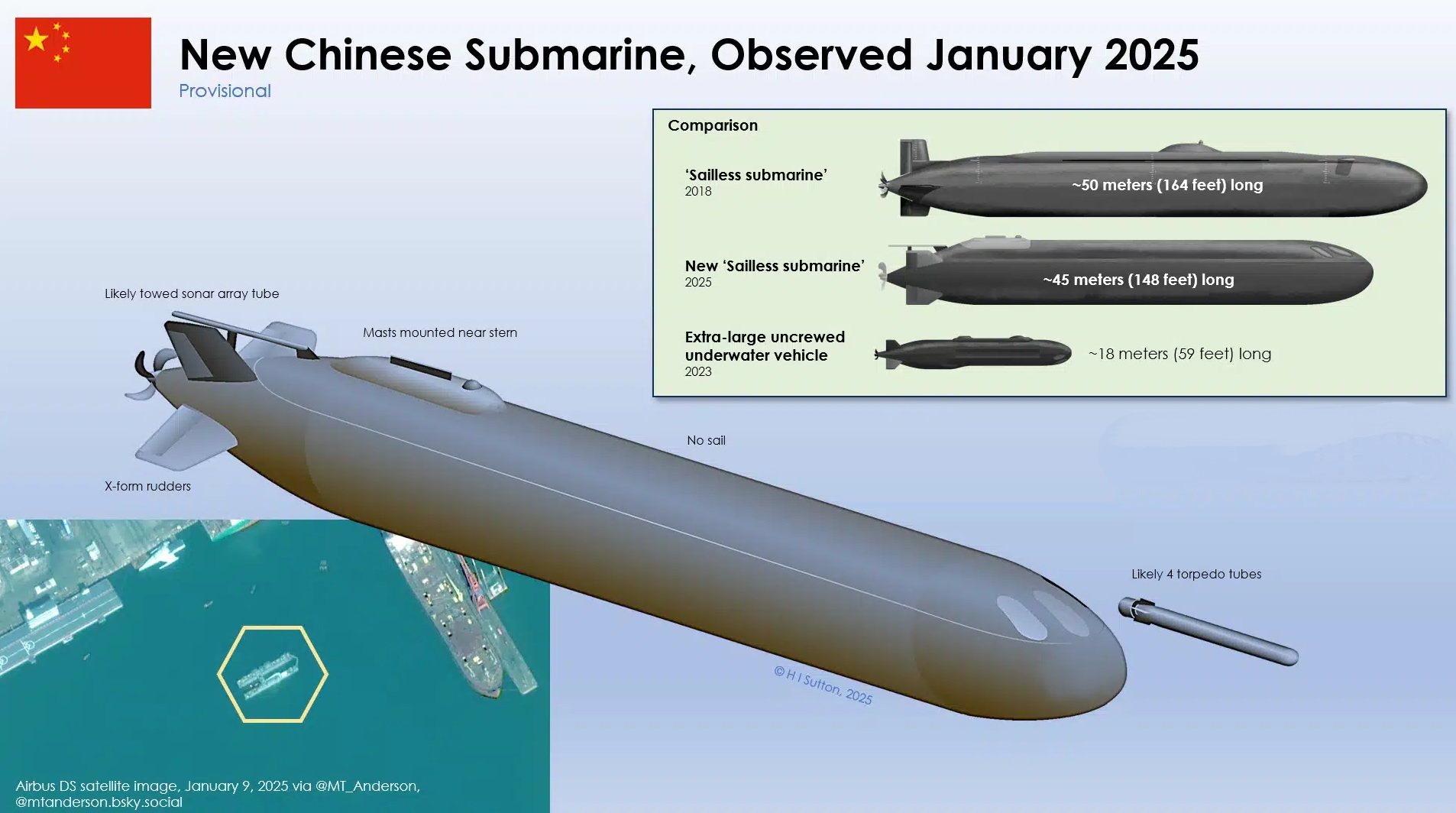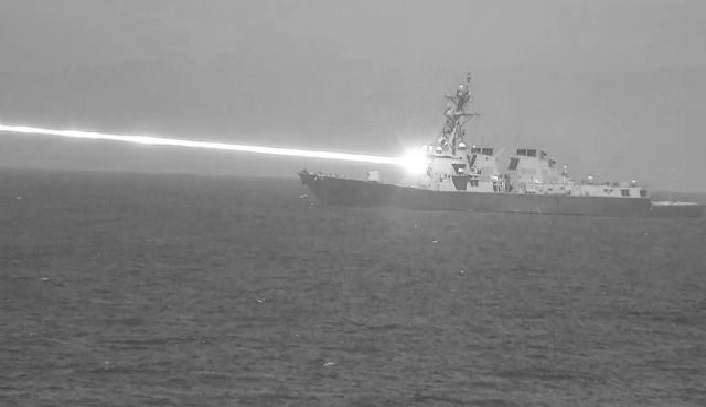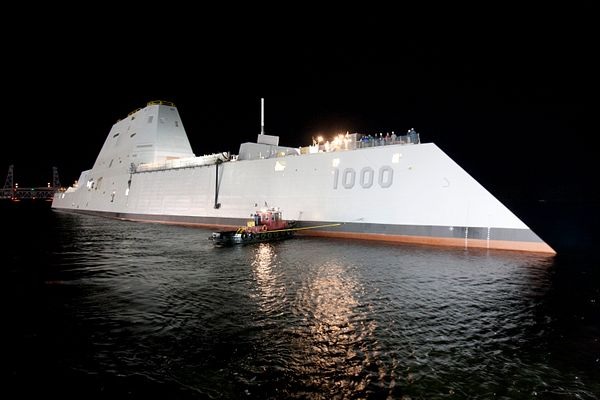Pakistan Boosts Defence Budget to ₹18,000 Cr Amid $125 Billion Debt

Pakistan
Pakistan faces economic strain with a $124 billion foreign debt, yet strengthens military ties with China, importing 82% of arms. Despite economic woes, military spending rises, sparking concerns over resource allocation amidst public discontent.
Pakistan finds itself at a critical juncture, grappling with a significant economic downturn amidst notable military advancements. With a foreign debt surpassing $124 billion, which accounts for 42% of its GDP, the country faces considerable financial strain. Despite these economic hurdles, Pakistan has been strengthening its military capabilities through substantial arms imports and collaborations, primarily with China.
A report by the Stockholm International Peace Research Institute (SIPRI) sheds light on China's significant contribution to Pakistan's military arsenal, accounting for 82% of its arms imports between 2019 and 2023. This underscores a growing military partnership between the two nations. China's support includes providing fighter jets, warships, missile technology, drones, and more, with strategic implications aimed at countering regional alliances such as Quad-4 and Western influences.
A pivotal moment in this partnership came in 2015 during President Xi Jinping's visit to Pakistan when an agreement was reached for China to construct eight Hangor-class submarines for Pakistan, bolstering its naval capabilities. Pakistani Chief of Naval Staff, Admiral Naveed Ashraf, emphasized the submarines' role in enhancing regional peace and stability, highlighting the enduring friendship between Pakistan and China.
Despite these military advancements, Pakistan faces a severe economic crisis exacerbated by factors such as last year's devastating floods, which drastically reduced the GDP growth projection from 5% to a mere 0.29%. The national budget reflects a 15.4% increase in defense spending, reaching 18,000 crore Pak rupees, despite soaring inflation and widespread poverty. Economic hardships have led to public discontent, with reports of shortages in essential items like food and medicines.
Critics argue that the military exerts significant influence in Pakistan, controlling a substantial portion of the national budget and overseeing extensive revenue-generating enterprises. International discussions, including those with the IMF, echo concerns about disproportionate resource allocation to the military at the expense of civilian needs.
In addition to domestic challenges, recent reports from reputable sources suggest Pakistan's involvement in covert operations related to the Ukraine conflict. Despite officially maintaining neutrality, allegations of secret arms deals with Ukraine, under American pressure, have surfaced. These clandestine activities not only contradict Pakistan's stated position but also raise questions about the ethical implications of profiting from arms sales amidst global conflicts.
The complex interplay between Pakistan's economic struggles and military advancements underscores the delicate balance the nation must navigate. As it addresses pressing economic concerns, it must also carefully consider the implications of its military engagements and ensure alignment with its stated principles of neutrality and regional stability. Finding sustainable solutions to these challenges will be crucial for Pakistan's long-term prosperity and security.



